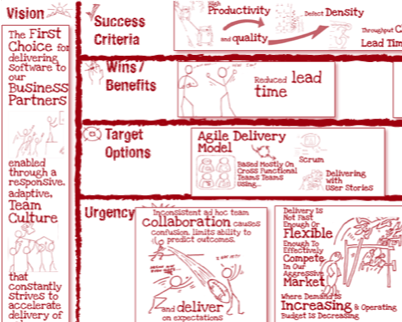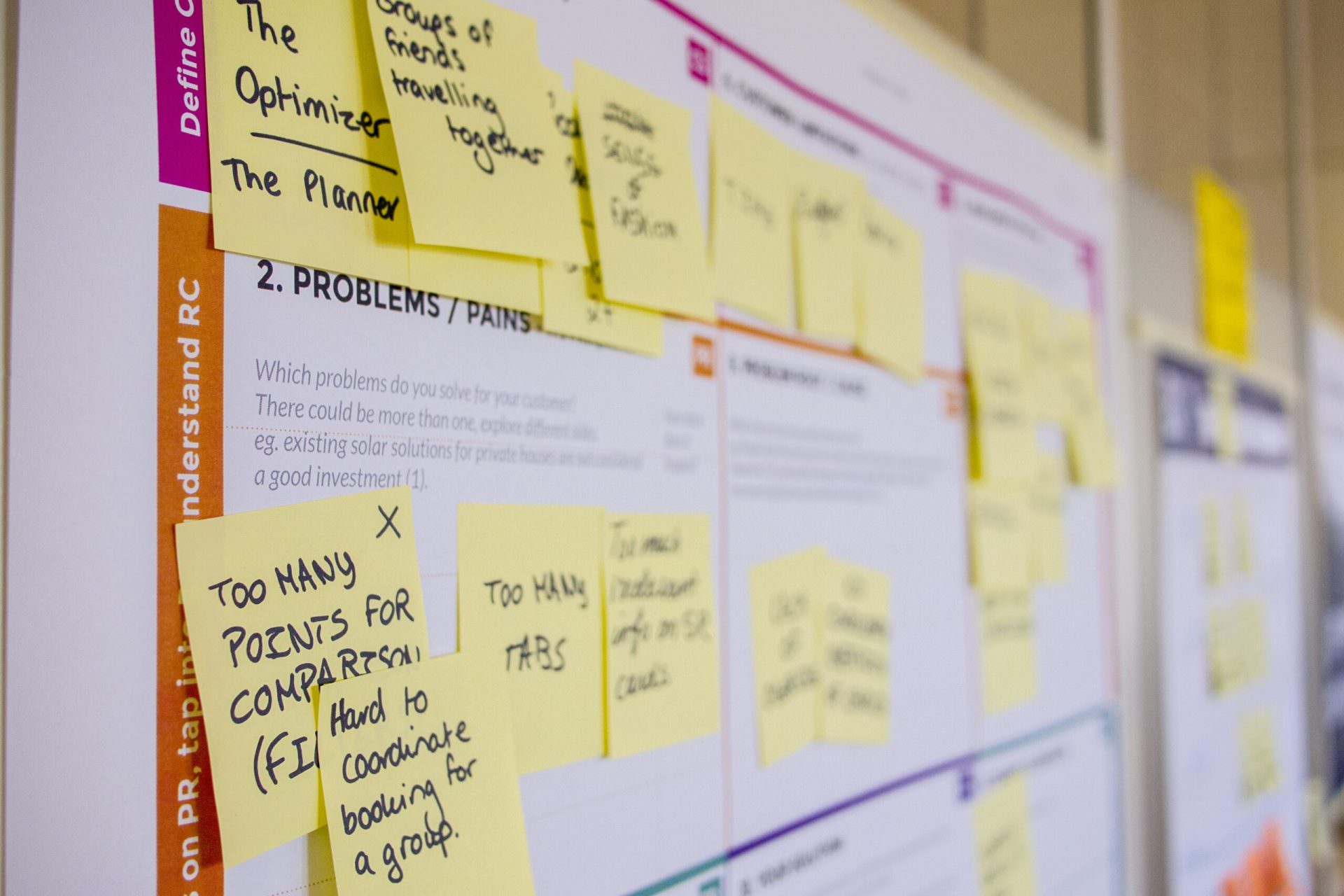Performance Management
Implementation of a cross-company and
systematic target system to promote
continuous improvement.


Adapting to new situations and challenges is critical to the success of any company. The future has many faces: leaner processes, agile ways of working, systematic digitalisation, operational excellence, targeted change management, improved leadership.
Implementation of a cross-company and
systematic target system to promote
continuous improvement.
Systematic reduction of waste in
order to increase profitability
(lean management).
Streamlining, digitalisation and automation to
increase process performance on the basis
of Lean Six Sigma.
Strengthening an efficient attitude and structure
against the backdrop of constantly changing
challenges.
Design and implementation support
for complex change processes.
Designing and supporting comprehensive
reorganisations to adapt to new realities.
Through targeted culture & future development
we create the conditions for long-term
lasting competitiveness.
New solutions through digitalised processes and the
realisation of relevant customer requirements.
Sustainable management of optimised value
optimised value chains at the point of action.

The current need of many companies to realign themselves usually requires a holistic and systematic approach. Individual measures are at best a start but rarely the solution for fundamental and sustainable improvement or transformation. The prerequisite for this is a functioning performance management that involves the entire organization and enables collective development. KEY VALUES transformation consulting creates the basis for suitable action programs and targeted change. This also applies to the digitization of business units, processes and digital customer contact. Our digital audit includes an inventory and derived measures for a realistic and value-adding digitization and a learning organization. But emissions also need to be measured, evaluated and documented in the area of corporate sustainability. We will be happy to show you how this can be designed as data-based as possible and integrated into the organization.
Data is one part of the truth, interpreting it in context is the other. Digitisation without digital data is hardly imaginable today. We rely on data analyses with state-of-the-art software as the basis for better decisions. Our efficiency programmes cover the entire value chain from cross-company data collection to measurable efficiency increases and effort minimisation. This includes the mapping of actual company processes, the identification of cost drivers or missing parts, the early detection of risks in the supply chain, unproductive waiting times or unnecessary transport routes.
Many companies and employees suffer from inefficient process management, conflicting goals, measures that fizzle out, inadequate control mechanisms, inadequate measurability and evaluation, unused opportunities and high risks. All of these are fundamental weaknesses in operational business operations and thus sustainable blockages to success. Business and Operational Excellence focuses on essential direct and indirect customer and market requirements, requirement priorities, functional analyses, alternative rough concepts, as well as permanent optimisations at product and process level. This also includes the streamlining of processes.
Go new ways


Sustainable change processes are a major challenge today. As a rule, they are cross-company with different stakeholders and interests. They take both companies and employees out of their comfort zone, overwhelm many employees and can paralyse entire companies instead of moving them forward. This makes it all the more important to provide clear orientation in transformation processes: Mission statement, rationale, approach, participation are just a few key terms of an internal navigation system for successful transformation.
Implementing change but leaving everything as it is – that doesn’t work. Often it is cumbersome processes, their lack of documentation and visualisation, inadequate control, interface problems or lack of integration that hinder companies on a daily basis and drive employees to despair. A systematic process analysis and a process design adapted to the situation help to stabilise the “backbone of the company” and to coordinate all resources productively. Process management does not mean having the right tool or the right IT, but that processes are designed efficiently and effectively. Agile process optimisation can also be a good starting point here.
Shaping the future together.


Accompanying transformation processes means specifically supplementing internal competencies with external knowledge, methodology and experience. KEY VALUES is a sparring partner, auditor, initiator and supporter of project management.
Pragmatic implementation does not take place in the delivery of extensive power-point presentations, but rather jointly “on-the-job”. Only in this way can we jointly ensure the lasting effectiveness and successful implementation of new goals, strategies, processes, structures and steering mechanisms. It is also crucial that companies do not allow themselves to be imposed with just any master plan, because every company is different and therefore needs a “tailor-made suit” and not an “off-the-peg solution” that does not fit at all.
Lost touch? Situation tense? Trench warfare instead of consensus on goals? Sometimes a fundamental culture and future programme is the last chance to become competitive or sustainable again. When waterfall organisations get in their own way or board members sit out urgently needed changes before retirement, in short: when all efforts to improve seem to fail, a fundamental reorientation is necessary. Everything is put to the test and first the conditions for a new start are created. In a transformation process that usually lasts several years, the necessary measures are assessed according to priority and feasibility.
